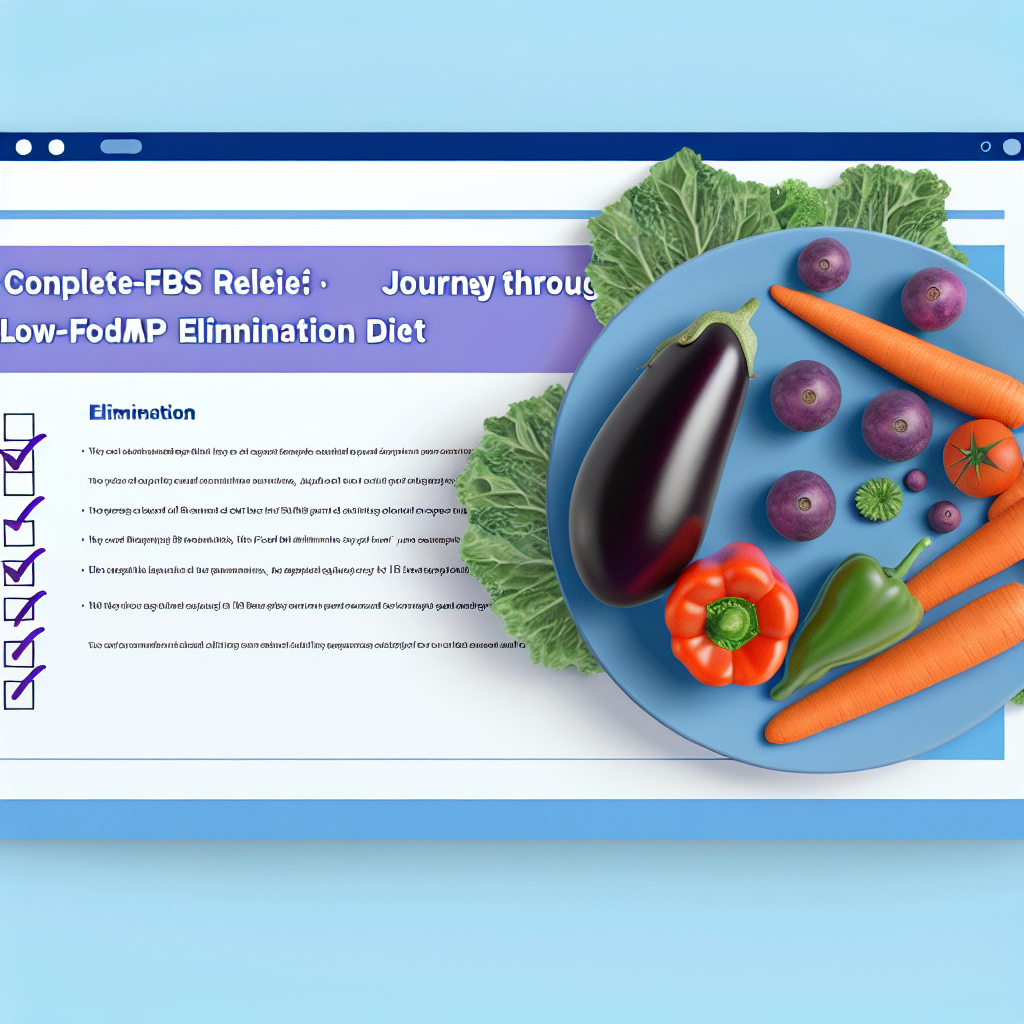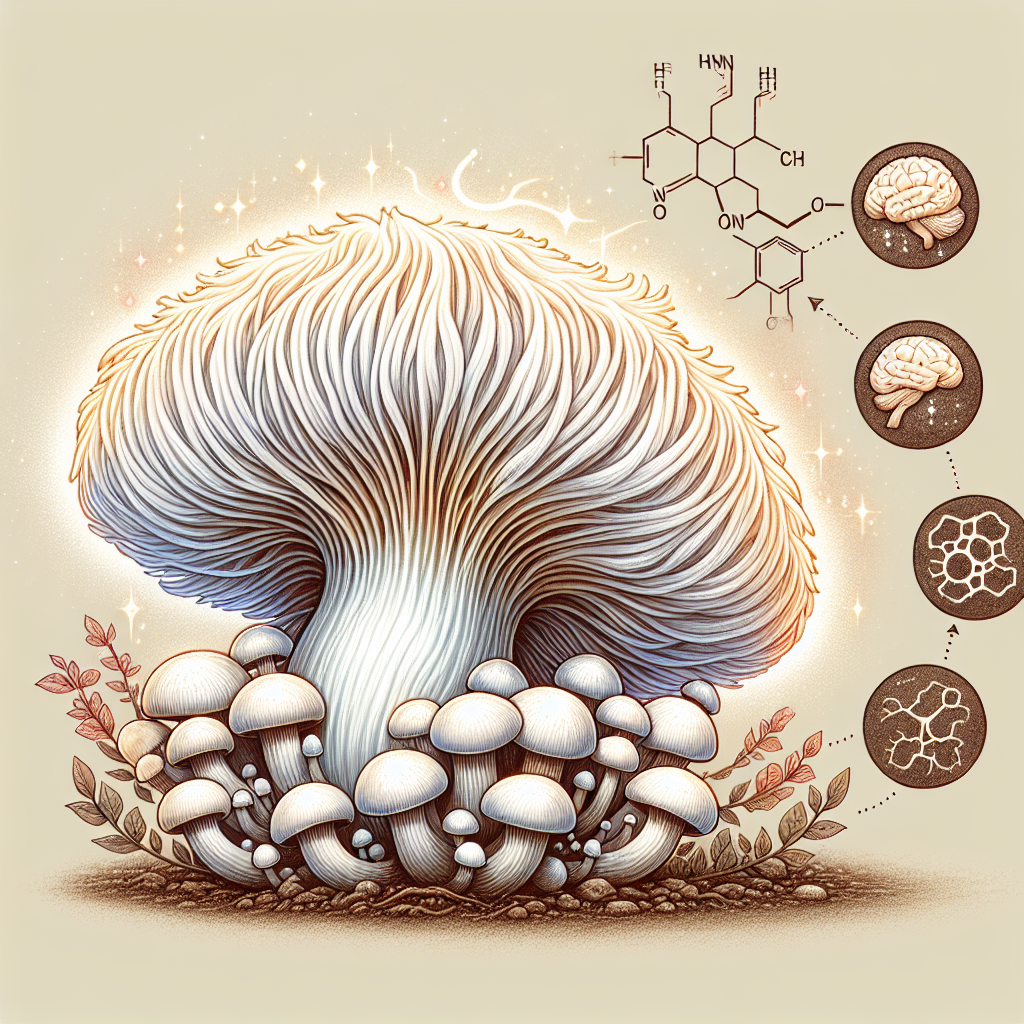Low-FODMAP Elimination – Complete IBS Relief System
Introduction
Irritable Bowel Syndrome (IBS) is one of the most widespread functional gastrointestinal disorders, affecting approximately 10–15% of the global population. Though not life-threatening, its symptoms—chronic abdominal pain, bloating, gas, diarrhea, and constipation—can significantly impair daily life and emotional well-being. While pharmaceuticals and over-the-counter treatments offer temporary symptom relief, many sufferers seek a more sustainable and natural cure.
The Low-FODMAP elimination diet provides a promising, research-backed approach aimed at treating IBS symptoms at the source rather than masking them. Developed by Monash University in Australia, this protocol identifies and eliminates a group of poorly absorbed short-chain carbohydrates known as FODMAPs—Fermentable Oligosaccharides, Disaccharides, Monosaccharides, and Polyols—which ferment in the gut, causing gas, bloating, and fluid retention.
When these carbohydrates aren’t absorbed properly in the small intestine, they become fuel for gut bacteria in the colon. This fermentation results in bloating, discomfort, and irregular bowel activity, hallmark symptoms of IBS. The elimination process is temporary, usually lasting 4–6 weeks, followed by a reintroduction phase to identify specific trigger foods. This structured methodology provides long-term symptom control and empowers individuals with knowledge about their personal dietary tolerances.
What distinguishes the Low-FODMAP system is its holistic, patient-focused nature. It isn’t about strict restriction but understanding how the body interacts with specific food groups. The goal is to achieve dietary and digestive harmony without lifelong limitations. This system aligns closely with integrative wellness approaches that include probiotics, whole foods, herbal remedies, and mind-body therapies such as yoga and meditation.
More than just a clinical protocol, the Low-FODMAP approach represents a paradigmatic shift in how we understand digestive health—centered not only on diet but also on rebuilding a positive relationship with food, gut microbiota, and lifestyle habits. As awareness grows, this solution is rapidly becoming a cornerstone of IBS management for those seeking a natural, long-lasting solution.
Professional and Medical Studies Supporting Low-FODMAP Elimination
The scientific backing for the Low-FODMAP diet is both robust and expanding. Comprehensive research led by Monash University has consistently demonstrated its superior efficacy in alleviating IBS symptoms compared to general dietary advice or conventional treatment options.
One benchmark study published in the journal Gastroenterology in 2014 showed that individuals adhering to a Low-FODMAP protocol had a significantly higher reduction of abdominal pain, bloating, and inconsistent bowel habits than those following traditional dietary recommendations. The study cited that over 70% of participants experienced at least a 50% reduction in symptoms.
Another key publication in the Journal of Human Nutrition and Dietetics emphasized that structured, dietitian-guided Low-FODMAP plans can dramatically improve quality of life for those with IBS. Participants reported fewer flare-ups, reduced medication dependence, and better mental health due to the enhanced predictability of their gut function.
The success of the diet stems from its two-phase model: the elimination of all high-FODMAP foods for a period of 4–6 weeks, allowing the gut to recalibrate, followed by the strategic reintroduction of FODMAP subgroups (fructose, lactose, fructans, galacto-oligosaccharides, and polyols) to pinpoint personal triggers.
Emerging research also highlights the diet’s influence on gut microbiota. While initial concerns suggested that avoiding prebiotic-rich foods might reduce beneficial bacteria, subsequent studies advocate incorporating low-FODMAP prebiotics (e.g., green bananas, oats, and kiwi) to maintain digestive health. Furthermore, supportive herbs like peppermint oil, ginger extract, and turmeric have been shown to reduce inflammation, gas production, and intestinal spasms.
Major organizations like the International Foundation for Gastrointestinal Disorders (IFFGD) also endorse the Low-FODMAP approach, recommending its tailored application under the guidance of a qualified dietitian.
Ultimately, weaving together clinical insights with evidence-based herbal therapies and mindful practices creates a synergistic, holistic IBS treatment strategy. This makes the Low-FODMAP elimination system one of the most well-supported and natural alternatives for relieving digestive distress.
Conclusion
The Low-FODMAP elimination diet has solidified its role as a foundational, non-invasive solution for managing Irritable Bowel Syndrome symptoms. Unlike symptom-masking medications, this method empowers individuals to identify real dietary triggers, reduce long-term inflammation, and recalibrate their digestive systems with clarity and purpose.
Its effectiveness lies in its personalized nature—tailoring dietary choices to suit each individual’s unique gut environment. This promotes a deeper understanding of body cues and facilitates long-term symptom prevention. By introducing foods methodically, individuals rediscover their tolerance levels and develop a renewed, positive relationship with food.
This gut-healing approach can be further amplified when paired with adjunct holistic supports like probiotics, herbal teas, and stress-reduction techniques such as acupuncture, deep breathing, and movement-based therapies. The result is not just symptom reduction but a transformative wellness journey rooted in simplicity and science.
As more evidence supports its use and more people report life-changing outcomes, the Low-FODMAP system increasingly proves to be a leading, all-natural path toward digestive freedom and total well-being.
Summary
The Low-FODMAP elimination diet is a research-backed, holistic method for sustainably managing IBS. By removing fermentable carbohydrates that trigger gut symptoms and reintroducing them in a structured way, sufferers can identify personal food sensitivities. Backed by clinical studies and endorsed by medical organizations, this diet helps 70–80% of IBS patients significantly reduce symptoms like bloating, gas, and irregular digestion. When integrated with herbal support and stress management, it forms a natural, side-effect-free strategy for long-term gut health.
References
1. Monash University – The Low-FODMAP Diet
2. Halmos, EP., et al. (2014). A diet low in FODMAPs reduces symptoms of irritable bowel syndrome. Gastroenterology.
3. Staudacher, HM., et al. (2012). Mechanisms and efficacy of dietary FODMAP restriction in IBS. Gut.
4. International Foundation for Gastrointestinal Disorders (IFFGD) – Dietary Treatment for IBS
5. Journal of Human Nutrition and Dietetics – Evaluation of a diet low in fermentable oligo-, di-, mono-saccharides and polyols

Dominic E. is a passionate filmmaker navigating the exciting intersection of art and science. By day, he delves into the complexities of the human body as a full-time medical writer, meticulously translating intricate medical concepts into accessible and engaging narratives. By night, he explores the boundless realm of cinematic storytelling, crafting narratives that evoke emotion and challenge perspectives.
Film Student and Full-time Medical Writer for ContentVendor.com




